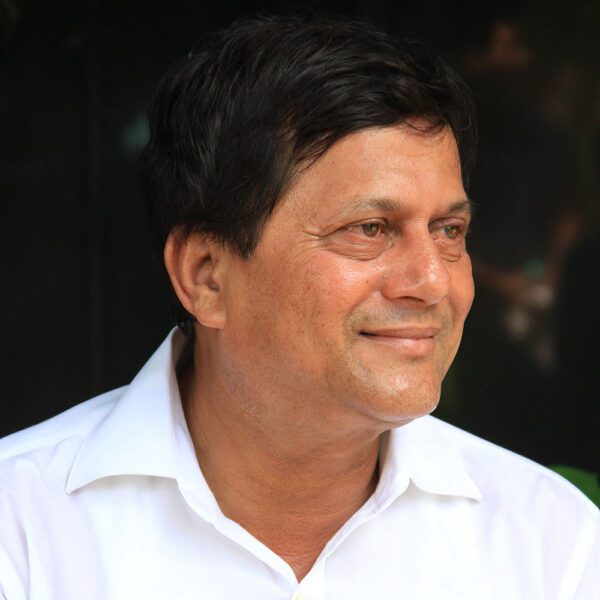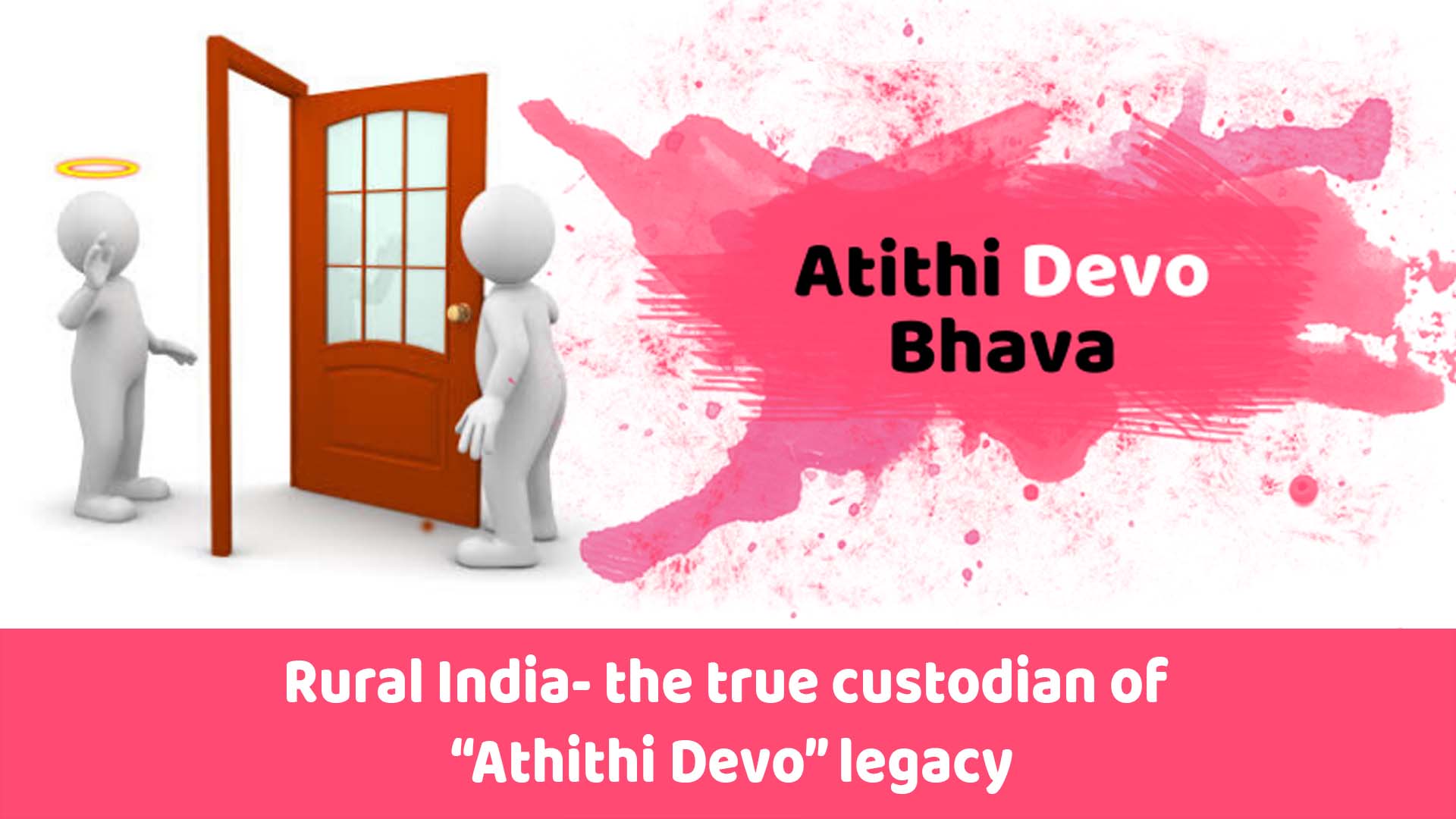Since its inception, India has been adhering to the concept of universal brotherhood i.e. ‘Vasudaiva Kutumbakam’ as her core principal of living in harmony with all beings created by the almighty. Atithi Devo Bhava is just an extension of that philosophy where every Indian treats guests as their God. The thought of extending hospitality with warmth is deep rooted in the villages of India where even the poorest of the poor will offer half of his bread and a glass of water with a generous smile if you visit his house. In Indian mythology, there is also a deliberate mention of treating guest as God along with wishing welfare of the world when despite in her state of penury, Draupadi offered a grain of cooked rice to Lord Krishna and requested him to satiate his hunger as well as the rest of the world.
Being a follower of agrarian culture for several thousand years, India must now look towards a holistic approach to involve its rural population to exploit its vast potential of tourism through their simplicity, affability and diligence. The synthetic and cosmetic life of the cities with its concrete jungles and pop culture is brewing restlessness and chaos in the urban society. Despite having enough of disposal income they are suffering from lifestyle ailments and stress. To take a break from their stressful life, the city folks want to connect with their village counterparts, but through the urban tour operator who as a middle man often misguides their client by projecting villagers as gullible and uncultured.
Empowering villagers to take the rein of the sustainable model of tourism is the only solution left with the policy-makers and other stakeholders if there is a serious intent to protect our heritage, strengthen village economy and increase footfall to various unexplored destinations of Incredible India. Villagers are the original custodian of our diverse culture and traditions. A vast resource of folklores, traditions, details of the offbeat destinations and sites of historical importance needed to be researched, documented and marketed with the help of villagers. Through PPP model, there should be an initiative for skill development and education of the villagers on economic viability of promoting tourism and hospitality of their region so that we can have a vast pool of entrepreneurs and service providers to consolidate the industry.
Tourism need not be looked as a money spinning industry only, the way it is being perceived nowadays across the world. In the Indian context, if extending hospitality is connected with a religious and cultural obligation of ‘Indianness’, then tourism will be perceived as a major solution for relieving the society from unrest and callousness, thereby promoting harmony and peaceful co-existence in this world. Tourism can also be treated as a tool to bring closer the various warring sects of the community, promote better understanding of culture and beliefs, hence strengthening age-old concept of universal brotherhood. The civic society across the world is on a verge of collapse because lack of understanding is paving way for clashes between civilisation and war of hegemony. If the reins of tourism remain in the hands of rural and agrarian community, who are the real custodian of cultural values and traditions instead of their hedonistic and greedy urban counterpart, then major modern age problems across the world can be allayed.
- Sameer Kumar Das
(An article by Sameer Kumar Das)
(The author Sameer Kumar Das works for KIIT University, Bhubaneswar as Deputy Director, School of Languages)


